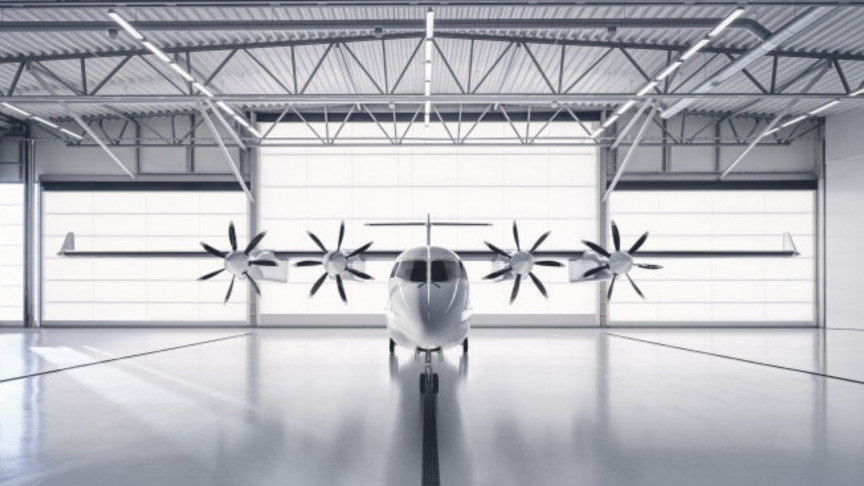This post may refer to COVID-19
To access official information about the coronavirus, access CDC - Centers for Disease Control and Prevention.

interestingengineering.com
United Airlines to Buy 100 Electric Planes From Swedish Company
United Airlines made a purchase order for 200 electric planes in total with Mesa Airlines, with options for an additional 100 planes from Heart Aerospace.
Business
In yet another affirmative step towards decarbonizing its operations by 2050, United Airlines has invested in Swedish electric plane manufacturer, Heart Aerospace. The $35 million investment was made along with Mesa Airlines, Bill Gates's Breakthrough Energy Ventures (BEV), Heart Aerospace said in a press release.
Founded in 2018, Heart Aerospace is currently working to make its first all-electric 19-seater aircraft, the ES-19. It draws inspiration from the 19-seater aircraft that were popular on shorter routes in the 1980s but lost out to the economics of the larger 50-seat plus aircraft over time.
Heart's ES-19 will provide eight rows of seats in 1+1 configuration with an additional three seats at the rear. All seats will have a comfortable 30-inch (70 cm) pitch. While the specifics of the plane are not yet available, the company claims that their electric motor will be 20 times cheaper than a similar-sized turboprop while also being 100 times less expensive to maintain. The company is betting on the cost advantages to make the 19-seater aircraft economical once again.
The aircraft is still in development mode, with a Critical Design Review (CDR) due in late 2023 and the first flight scheduled for 2024. When available for service in 2026, the first generation aircraft will be capable of flying up to 250 miles (400 km). In the U.S., the company expects to fly short-haul between Chicago and Purdue airports or San Francisco to Modesto City, to begin with. It is also aiming to address the demand for short-haul flights in Canada, British Isles, New Zealand as well as Indonesia, a country with 17,000 islands that could benefit from faster connections.
But it is not just high speed that Heart Aerospace is aiming for. The company pegs emissions from short-haul travel to reach 2.8 gigatons by 2050. Currently, powered by fossil fuels, these trips, up to 800 miles (1300 km) or lesser, account for 33 percent of global emissions, and the company wants to electrify all these trips by 2050. Sweden, where the company is headquartered, is aiming for fossil-free domestic travel by 2030, while Norway has set itself a 2040 deadline.
The development and deployment of the ES-19 will be the first step towards making emission-free larger planes.
"We don't want to wait for 50 seats, 75 seats, 125-seat aircraft," Mike Leskinen, chairman of United Airlines Ventures said in an interview with Reuters. "We want to get involved now by investing in a company that we think has a big technological lead with the hopes of working with them to move the size of the aircraft to a larger gauge."
Aiming for a comeback after the pandemic, United Airlines is investing heavily in its future, which includes supersonic planes, as well as urban air taxis.
























































